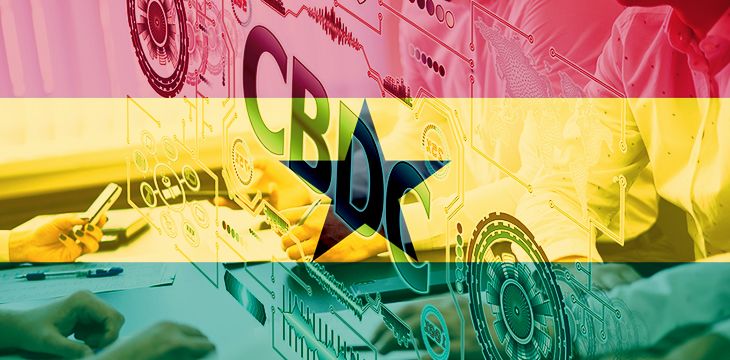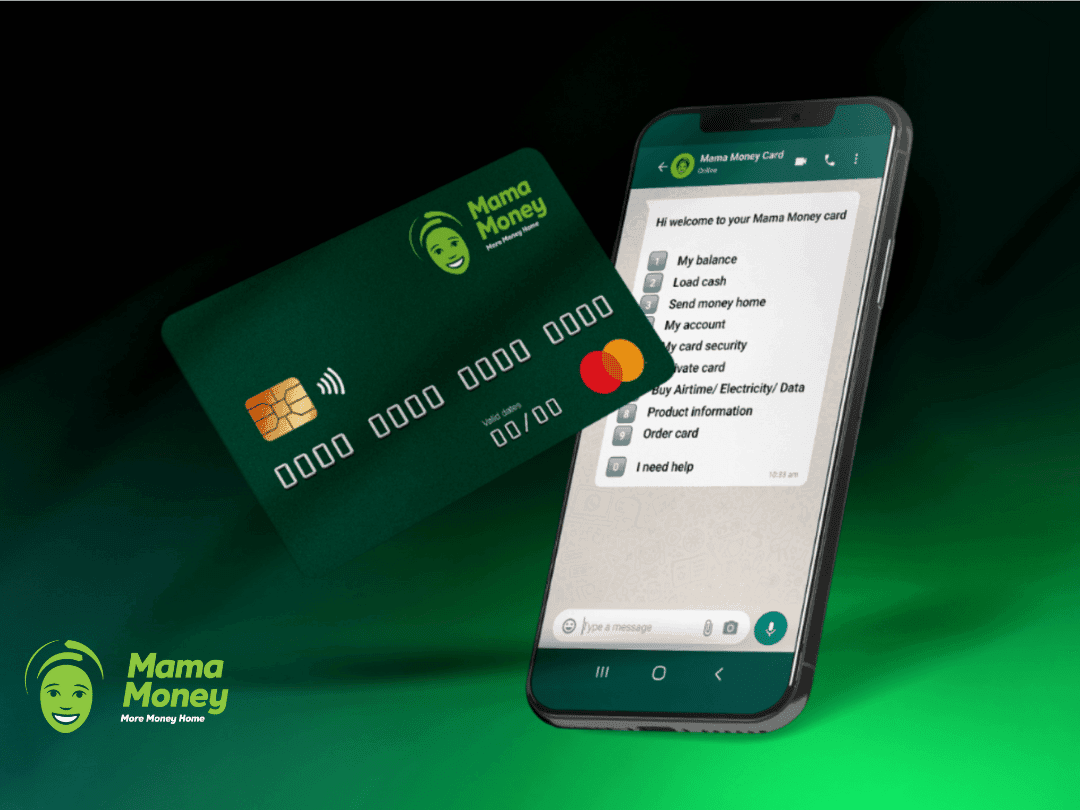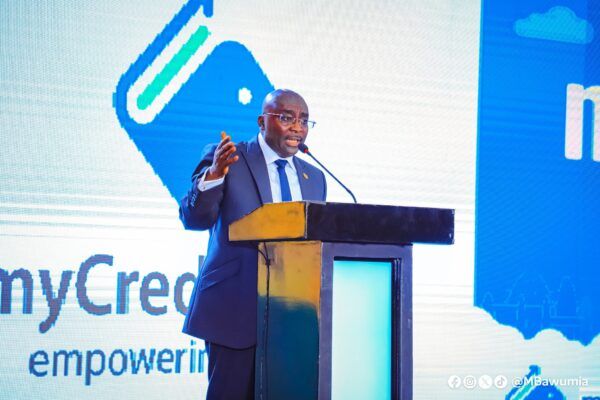Given the rise of cryptocurrencies, it will not be wrong to conclude that the CBDC is a reaction to the growth of cryptocurrencies. With such a claim, you might be tempted to ask if I am not falling into the Post Hoc fallacy trap. Excellent question, but when you consider that cryptocurrency is a potential threat to existing monetary regimes, you will come to buy my idea.
CBDCs are also getting a lot of traction lately as several Central Banks are exploring creating their digital currencies. According to the Atlantic Council, 87 countries (representing over 90 per cent of global GDP) are now exploring a CBDC compared to 35 countries in May 2020. Seven countries have now fully launched a digital currency. Nigeria is the latest country to launch a CBDC, the first outside the Caribbean.
Ghana seemed to be ahead in the race of launching a digital country in Africa, as a possible launch of its digital currency in September was making the rounds However, there is no set date for the launch of the e-Cedi at the moment. While the wait for the launch of the e-cedi is still on, the apex bank is exploring the addition of extra functionalities like an offline feature before launching.
According to Kwame Oppong, who heads fintech and innovation at the Bank of Ghana (BOG), the e-cedi is also expected to facilitate transactions without the need for power or connectivity.
"Financial inclusion is limited by the availability of connectivity and power. What we hope to be able to do – and we're one of the people pioneering this – is that the e-cedi would also be capable of being used in an offline environment through some smart cards," Oppong is quoted explaining.
Why is this important?
Think of Africa's poor financial Inclusion as a three-way problem. Financial inclusion (end), the means (in this case, the CBDC) to solving financial inclusion, and the means (infrastructure - internet connectivity and smartphone penetration) to solving the means.
According to Bitcoin.com, "Although a majority of Ghanaians — 84% of the population — is thought to have had access to electricity in 2019, according to World Bank Data, only half of the country's population had access to the internet back then. It is this lack of internet access that has compelled the Bank of Ghana to seek a solution that overcomes this challenge."
In other words, the CBDC is an end itself. For the e-Cedi to solve the intended problem (financial inclusion), emphasis must be placed on the infrastructure that makes it work. This explains why Ghana's apex bank is chasing an offline functionality for the eCedi.
What next
Ghana's delay in launching the e-Cedi might be a function of the launch of the eNaira. Ghana's apex bank will be looking at how well the eNaira has performed in Nigeria and will be looking to improve theirs. We suspect that the eCedi might take a little longer to launch, and this year might come too early for the eCedi launch.
Ghana in focus
GDP: $72.354 billion in 2020 compared to $67.234 billion in 2019
Population: 31,072,945 in 2020 compared to 30,417,858 in 2019
GDP per capita: $2,328 in 2020 compared to $2,210 in 2019










